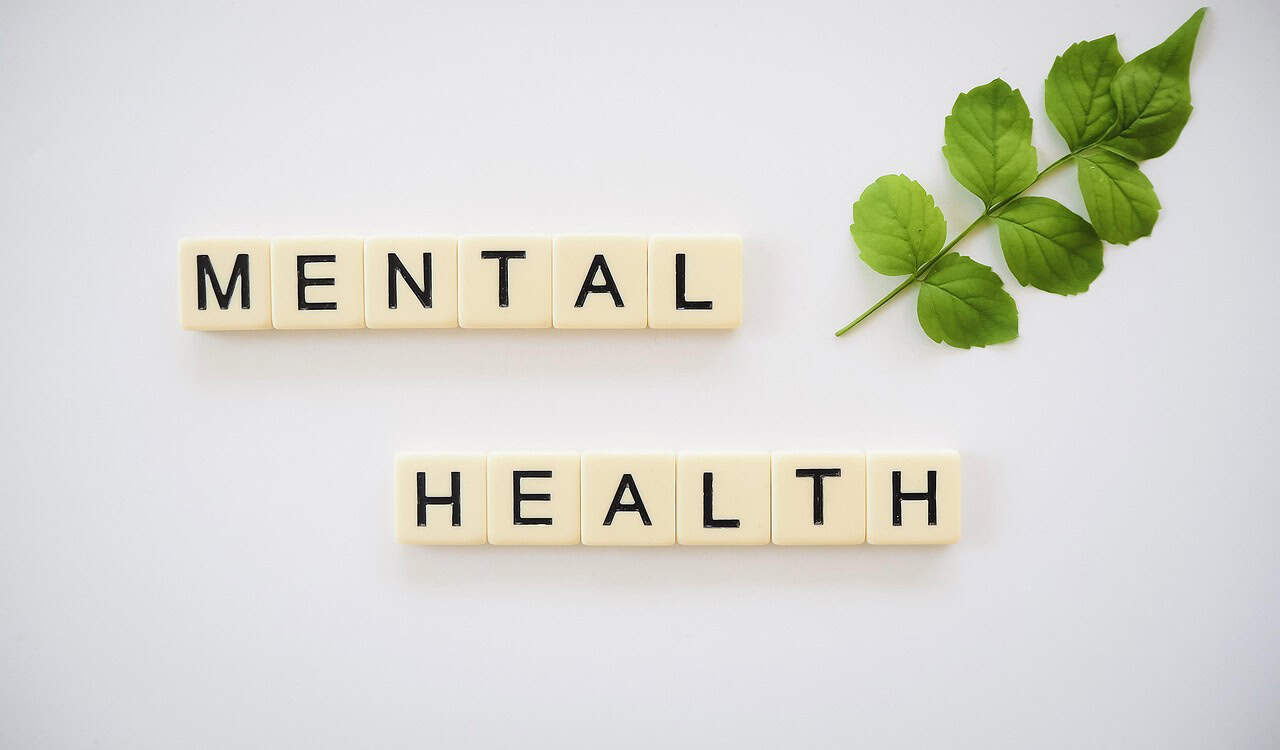
8 Signs you need therapy
Wondering if therapy is right for you? Check these 8 signs you may need therapy
Starting therapy can feel like a big step especially if you’re not sure whether what you’re going through “counts.” But you don’t need to wait for things to get worse. Therapy can offer more than just symptom relief, it helps people reconnect with themselves and build resilience. The American Psychological Association explains it well in their beginner’s guide to therapy.
Below are some common signs that you might benefit from working with a counselling psychologist:
- You feel overwhelmed or emotionally drained
If you’re constantly feeling exhausted emotionally, mentally, or physically and everyday tasks feel like too much, therapy can help you understand what’s going on beneath the surface and find healthier ways to cope. - You struggle with anxiety, overthinking, or restlessness
Frequent worrying, racing thoughts, difficulty relaxing, or a sense of unease that doesn’t go away can be signs of underlying anxiety. A therapist can help you break these patterns and feel more in control. - You’re feeling stuck or unmotivated
When you feel like you’re going through the motions, unable to move forward, or unsure of what you want, therapy can offer clarity and help you reconnect with your goals and values. - Your self-esteem or confidence feels low
If you often doubt your worth, compare yourself harshly to others, or feel not good enough, therapy can help you build a more compassionate relationship with yourself. - You’re struggling in relationships
Whether it’s difficulty setting boundaries, frequent conflicts, or feeling misunderstood, therapy can help you explore patterns in your relationships and communicate more effectively. - You feel sad, numb, or disconnected
Persistent sadness, a lack of joy in things you used to enjoy, or feeling emotionally flat can be signs of depression or emotional burnout. Therapy can provide a safe space to process those feelings and start healing. - You’ve experienced loss, change, or trauma
Life changes such as a breakup, job loss, family conflict, or grief can stir up intense emotions. Even past experiences you’ve pushed aside might be affecting you today. A therapist can help you make sense of them at your own pace. - You want to better understand yourself
You don’t need a specific “problem” to start therapy. Many people come to explore patterns, grow emotionally, and feel more connected to who they are. Therapy is as much about thriving as it is about surviving.
Still unsure?
If you relate to even a few of the signs above, it’s okay to reach out. Therapy doesn’t mean something is “wrong”, it means you’re taking a step toward understanding and caring for yourself. I also offer free of charges brief pre-consultation calls to see if we’re a good client-therapist fit.
You can visit our FAQs to learn more or book a session to talk it through in a non-judgemental environment.
